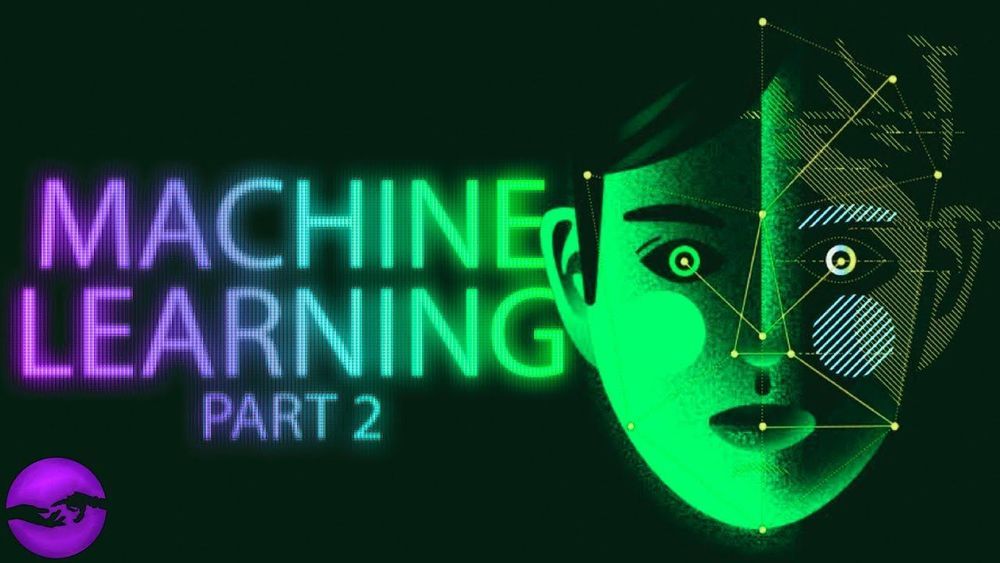Jul 25, 2019
A “Cure” for Baldness Could Be Around the Corner
Posted by Quinn Sena in categories: 3D printing, biotech/medical
New uses of stem cells and 3D printing could make baldness obsolete (for the wealthy). James Hamblin 12:51 PM ET.
New uses of stem cells and 3D printing could make baldness obsolete (for the wealthy). James Hamblin 12:51 PM ET.
Analytical chemists have been working to develop high-functioning robotic smelling devices to detect victims of everything from human trafficking to natural disasters. But does it work?
A device that eavesdrops on the quantum whispers of atoms could form the basis of a new type of quantum computer.
Restless rapid eye movement (REM) sleep impedes emotional processing, which may contribute to mood and anxiety disorders, new research suggests.
A team of Dutch investigators used fMRI to scan the brains of participants who underwent a stressful experience — in this case, hearing themselves sing out of tune. Brain activity was measured using electroencephalography (EEG).
The next morning, after spending the night in a sleep laboratory, participants were subjected to the same unpleasant experience. Those who had experienced REM sleep were less distressed, whereas those with restless REM sleep were once again upset.
CANCER patients with previously incurable tumours have been given hope by a life-extending treatment which can double the length of time a person can live cancer-free.
The new worldwide medical trial involving the Beatson Cancer Centre in Glasgow has discovered a high-precision radiation treatment which can extend a patient’s lifespan by more than a year. Patients diagnosed with metastatic tumours – cancer which had spread to other parts of the body – were thought to be incurable, but researchers on the clinical trial have found that aggressive radiation therapy can increase life expectancy.
Hailing the research as a “game-changer”, scientists gave almost 100 cancer patients from Scotland, Canada, the Netherlands and Australia “substantially higher doses of radiation” to areas where their cancerous tumours had spread. Patients receiving the treatment, known as stereotactic ablative radiotherapy, lived 13 months longer on average.
Are you Cryo-Curious? Learn about the real facts of cryonics at the first Cryonics Symposium International.
The mission of Cryonics Symposium International is to bring leaders in the cryonics community together to learn from each other and promote the emerging science of cryonics.
With master-of-ceremonies Rudi Hoffman, the first time ever assembly of luminaries from different cryonics organizations will be presenting on the concepts behind the science and research of cryonics at the Church of Perpetual Life in Hollywood, Florida on Saturday, July 27th from 10 AM — 5 PM. The Church is located at 1855 McKinley St, Hollywood, FL 33021. This historic event is free-of-charge: donations are graciously accepted. Attendees will enjoy complimentary meals for the duration of the event. Seats are limited. RSVP is required via Eventbrite https://www.eventbrite.com/e/cryonics-symposium-internationa…———-
Researchers say they created E coli strain that can draw free energy from the environment; its next task is to see if technique can be applied to complex life forms such as humans and animals.

https://www.youtube.com/watch?v=8LI1l9E_MeA
This video was made possible by Brilliant. Be one of the first 200 people to sign up with this link and get 20% off your premium subscription with Brilliant.org! https://brilliant.org/singularity
In the last video in this series, we started on a quest to clear up the misconceptions between artificial intelligence and machine learning, beginning with discussing supervised learning, an essential foundational building block in understanding the modern field of machine learning.
Continue reading “What is Machine Learning (Unsupervised Learning) — Part 2” »
Imagine an amazing sports car that could repair itself from damage and automatically change color! Well that’s exactly what Spanish designer Daniel Garcia was thinking of when he created this awesome concept design for the Audi A9. He got some inspiration for this particular design from Santiago Calatrava’s buildings in his hometown of Valencia. Calatrava’s architectural style looks very modern and futuristic, which is exactly what we would describe this car to look like. The windscreen and roof are to be made from a nanotechnology material that can auto-repair and adjust colors. This material isn’t even something that exists right now, so will it be a long time before we actually get to see something like this in action? The idea of it sounds awesome though, right?!
